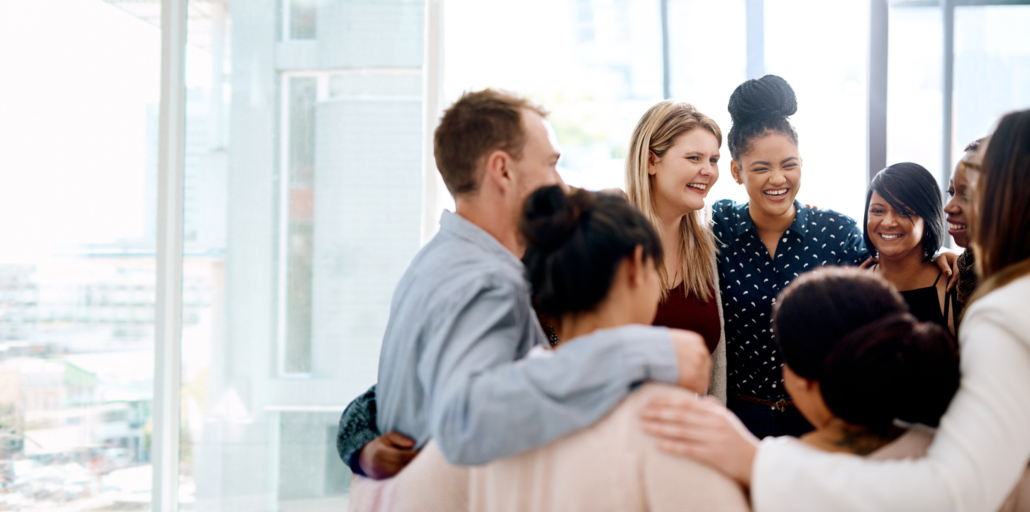On June 28, 1970, on the one-year anniversary of the Stonewall Uprising, the first Pride marches were held in New York, Los Angeles and Chicago. Thousands of LGBT+ people gathered to commemorate Stonewall and demonstrate for equal rights. The events of Stonewall and the liberation movements that followed were a direct result of prior decades of LGBT+ activism and organizing. In particular, Pride traditions were adapted from the “Reminder Day Pickets” held annually (1965-1969) on July 4 at Independence Hall in Philadelphia, Pennsylvania.
On June 11, 1999, President Bill Clinton issued a presidential proclamation designating June as LGBTQ+ Pride Month to mark the 30th anniversary of the Stonewall Uprising and the birth of the modern LGBTQ+ civil rights movement.




